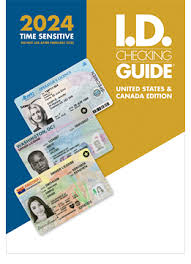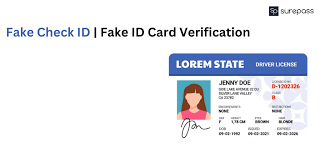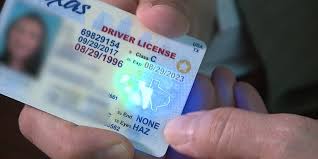Get a Green Card
Product Introduction
The process to "Get a Green Card" represents a significant milestone for many individuals seeking to establish permanent residency in the United States. A Green Card serves as proof of lawful permanent residency, allowing holders to live, work, and thrive in the U.S. This guide will explore the various facets of obtaining a Green Card, providing valuable insights and practical information.
Product Utility
Obtaining a Green Card is crucial for individuals aiming to build a future in the U.S. It not only grants the right to reside in the country but also opens up opportunities for employment, education, and healthcare access. Furthermore, it serves as a stepping stone toward citizenship, making it a vital aspect of immigration for many.
Product Design
While the Green Card itself is a physical document, its design reflects the values of security and authenticity. The card incorporates advanced features such as holograms, microprinting, and biometric data, ensuring its integrity and preventing counterfeiting. Understanding the significance of these features can help applicants appreciate the importance of obtaining an official Green Card.
Strength Showcase
The process of getting a Green Card is supported by robust legal frameworks and policies that ensure fairness and transparency. Various immigration pathways, including family sponsorship, employment opportunities, and humanitarian programs, showcase the strengths of the U.S. immigration system. Each route offers unique advantages, catering to a diverse range of applicants.
Usage Precautions
While the benefits of a Green Card are extensive, it’s essential for applicants to be aware of the responsibilities that come with it. Green Card holders must adhere to U.S. laws, pay taxes, and maintain their residency status. Failing to comply with these obligations can lead to potential challenges, including the risk of losing their residency.
User Feedback
Feedback from those who have successfully navigated the Green Card process highlights the importance of proper preparation and understanding of requirements. Many users emphasize the value of guidance and resources throughout their journey, reflecting the need for reliable information and support.
Product Parameters and Display
- Document Type: Green Card (Permanent Resident Card)
- Validity: Typically valid for 10 years, renewable
- Eligibility Requirements: Varies by immigration category (family, employment, etc.)
- Application Process: Includes filing forms, biometrics, and interviews
- Security Features: Holograms, biometric data, and microprinting
Product Comparison and Features
Compared to other immigration options, obtaining a Green Card is often considered one of the most beneficial pathways for long-term residency. While visas may offer temporary solutions, a Green Card provides a more stable and secure status, with rights and privileges that enhance one's quality of life in the U.S.
Suitable Audience
The path to "Get a Green Card" is ideal for a diverse audience, including families reuniting, skilled workers seeking employment opportunities, and individuals escaping persecution. Understanding the specific needs and motivations of each group can help tailor the approach to obtaining a Green Card.
After-Sales Service and Guarantee
Support does not end once a Green Card is obtained. Many organizations offer ongoing assistance to help individuals navigate their new lives in the U.S. This includes resources for employment, education, and legal advice, ensuring that Green Card holders can thrive in their new environment.
Shipping
For those applying for a Green Card, understanding the shipping process is crucial. After approval, the physical Green Card is mailed securely to the applicant's address. Keeping your address updated with U.S. Citizenship and Immigration Services (USCIS) is vital to ensure timely delivery.
Psychological Value
Holding a Green Card can instill a profound sense of security and belonging. For many, it represents the realization of dreams and aspirations, providing stability and the opportunity to build a future in a new country. The psychological benefits of this achievement can significantly impact an individual's overall well-being.
Frequently Asked Questions
What are the main steps to get a Green Card?
- The process typically involves determining eligibility, filing the appropriate forms, attending an interview, and waiting for approval.
How long does it take to get a Green Card?
- Processing times vary based on the application category and current USCIS workload, ranging from several months to years.
Can I travel while my Green Card application is pending?
- Generally, traveling outside the U.S. while your application is pending can complicate your case; consult with an immigration attorney for personalized advice.
What should I do if my Green Card is lost or stolen?
- Report the loss to USCIS and file for a replacement card using Form I-90.
Can I apply for citizenship after getting my Green Card?
- Yes, Green Card holders may apply for U.S. citizenship after meeting specific residency and other requirements.
Conclusion
In conclusion, understanding how to "Get a Green Card" is essential for anyone looking to establish a permanent presence in the United States. By exploring the benefits, responsibilities, and processes involved, potential applicants can equip themselves with the knowledge needed to navigate this important journey successfully. Achieving a Green Card is not just about legal residency; it represents the promise of new opportunities and a brighter future.
 Fake US Green Card
Fake US Green Card
 Replace Social Security Card
Replace Social Security Card
 Social Security Card Replaceme
Social Security Card Replaceme
 Fake Ss card
Fake Ss card